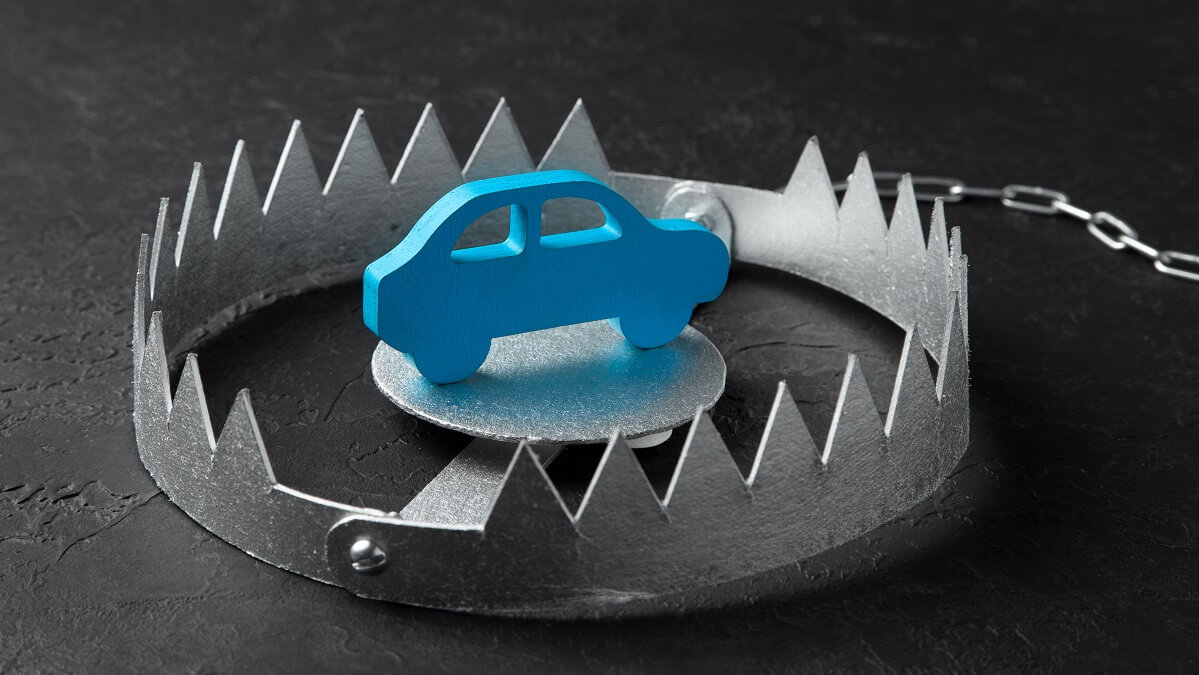After a car accident, assessing whether the damage to your vehicle is repairable or beyond salvage can be challenging. If it falls into the latter category, there’s a chance that your car might be classified as an insurance write-off.
In Australia, a car is typically defined as a write-off when it has sustained damage that is deemed uneconomical or too expensive to repair in relation to its market value. This includes major damage to a vehicle’s structural and mechanical components due to a collision, complete mechanical breakdown or significant damage caused by events such as floods, hailstorms or fires. A car can also be deemed a write-off if it is stolen and stripped of a substantial portion of its internal and external components.
Types of insurance write-off
Statutory write-off: if a vehicle has sustained severe structural, fire or water damage, it may be declared a statutory write-off. This means that it cannot be repaired to a standard that would allow it to be safely driven again. These vehicles are usually deregistered and sold for parts.
Repairable write-off: if the cost of repairing the damage exceeds a certain percentage of the vehicle’s market value. In this case, the car can be repaired but it is not economically viable for the insurance company to do so.
The specific criteria for classifying a car as a write-off, and what you can do with a car that’s been written-off, varies between states and territories.
In Victoria and Queensland, repairable write-offs can go back on the road once they are repaired in accordance with the manufacturer’s standards, pass a special validation inspection and pass a roadworthy inspection.
In New South Wales, however, repairable write-offs can usually only be sold for parts. Except in limited circumstances or if the car has been written off for hail damage.
How much damage does there need to be to write off a car?
You do not have the authority to declare your car a write-off. Instead, your insurance company’s assessor will look at various factors to make the decision. Including the extent of damage, the vehicle’s age, odometer reading and its current market value.
Generally, a vehicle is categorised as a write-off if the repair costs are between 50 and 70 per cent of its market value. However, this percentage may be lower if there are safety concerns associated with the repairs.
In the event that the car is deemed a statutory write-off, the insurance company will assume ownership and sell it to a scrapyard for salvageable parts. Subsequently, the vehicle is registered in the national Written Off Vehicles Register (WOVR) as a statutory write-off. This means it can never be registered for road use again.
Cars classified as repairable write-offs are also added to the WOVR. However, they have the potential to be reregistered once repairs are carried out and the correct certifications are received.
These vehicles become the property of the insurance company. Who typically sell them to salvage yards or through auctions designated for damaged vehicles. If you want to repair the vehicle or use the parts yourself, you can negotiate with the insurance company. They may allow you to keep the vehicle but will deduct the salvage fee.
How much is the payout for a write-off?
The amount you receive for a car write-off, if any, depends on the specifics of your insurance policy. If you qualify, the payout will likely equal the price of a car of the same model and year. Alternatively, there may be an agreed value or market value stipulated in your policy.
Factors such as any remaining premiums for the year, your insurance excess and any unused portions of your registration and comprehensive third-party coverage may affect your payout.
Is it worth buying a car that’s been written off?
Although repairable write-offs may appear cheaper upfront, the downsides can include diminished resale value and higher insurance premiums. Even vehicles with repairable storm damage may harbour hidden electronic faults that may not be apparent right away.
When considering the purchase of a used car, check the vehicle’s registration using your state’s transport authority website. By entering either the Vehicle Identification Number (VIN) or the license plate, you can access a free report to ensure you’re making an informed decision.
Have you ever had a car written off? Did you receive a payout? Share your thoughts in the comments section below.
Also read: Potholes, and the damage they can do to your car

